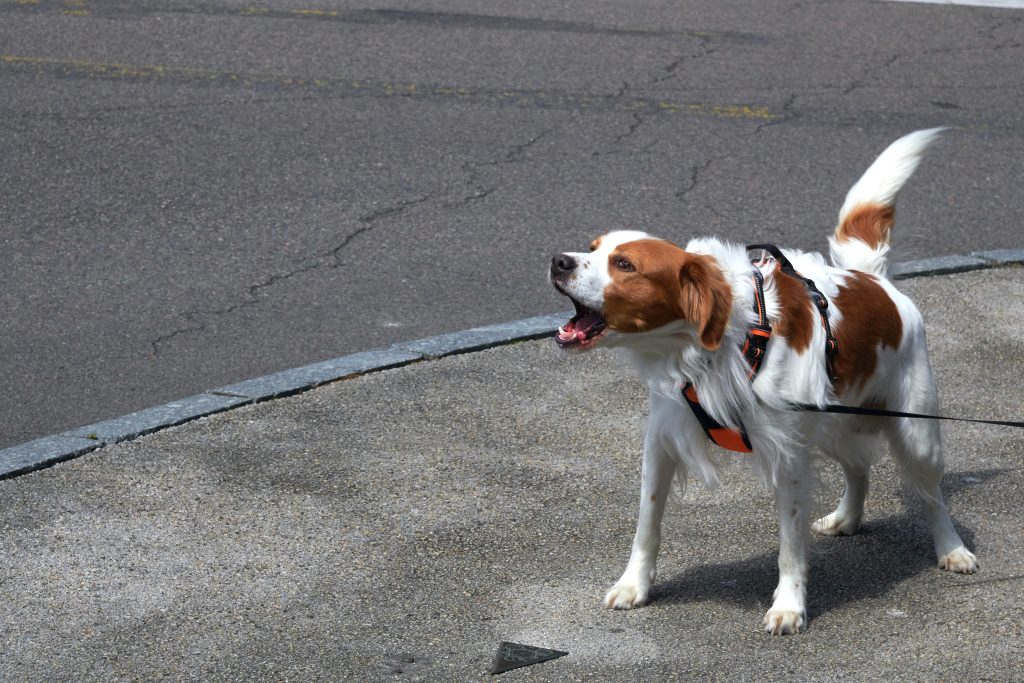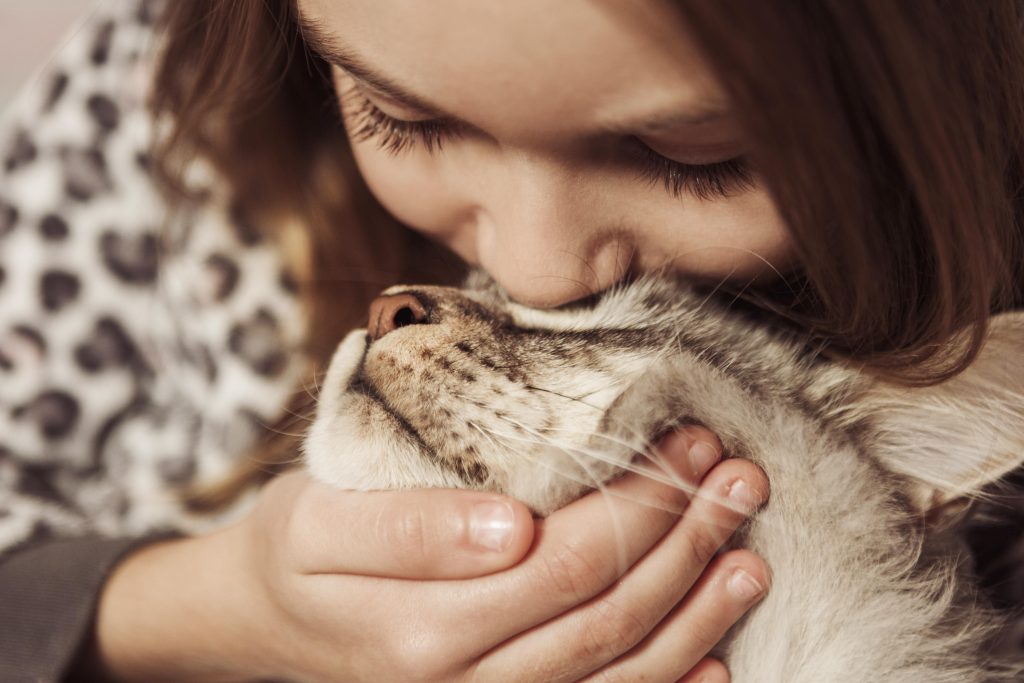Animal mourning
By Anny Kirouac • 10 July 2020
The human-animal relationship
Whether due to illness, a fatal accident or a sudden incident, the loss of a pet is a very difficult time. Our pets are an integral part of our daily lives and bring us a lot of warmth.
Grief is experienced differently by each person, and will have different meanings depending on the age of the bereaved and the relationship they had with their pet. Unfortunately, the death of an animal is often trivialized in our society. It’s not always easy for people around us to feel grief after the death of a loved one. When you’re grieving, surround yourself with people who can listen and comfort you.
The stages of grief
Grieving for an animal is very similar to grieving for a human. Even if some find it absurd to compare the grief felt after the loss of a loved one and that of an animal, the stages of grief are practically the same: denial, emotions, acceptance and reinvestment.
1) Denial
When our pet dies, it’s often hard to believe that it will no longer be part of our lives. Some people are unable to terminate their contract when they lose their pet. This stage can last from a few minutes to several years.
2) Emotions
Once the denial has passed, many emotions will surface. We identify three in particular: grief, anger and guilt. Many people will be angry at the vet for not saving their pet, angry at their spouse for letting the cat go outside, feel guilty for not taking the animal to the vet sooner, and so on. Once again, each person will experience his or her emotions differently, with greater or lesser intensity, for short or long periods.
3) Acceptance
Even though the pain is still present, this stage makes you realize that the animal is not coming back, and that nothing could have changed its fate. It’s back to reality, and it’s often at this stage that we think about adopting another pet.
4) Reinvestment
The owner is ready to invest emotionally in another animal. Unfortunately, this step is often taken too quickly, and people buy a new pet before they’ve fully mourned the loss of their last one. The risk of adopting again quickly is hoping to find the same characteristics of the lost pet in the new companion. This often leads to disappointment.
Bereavement and children
When it comes to children, the golden rule is not to lie to them. Avoid saying that the animal has been lost or that you’ve given it away. This may be the child’s first bereavement, and it’s important to guide him through his emotions. Once again, discussion is a good way to get to know your child’s feelings.
Compassion
Feelings are natural and should be expressed. Grief is never experienced in the same way by everyone, and it’s important to be understanding. It’s important not to judge someone who is grieving the loss of a pet, because the importance of a pet in a person’s life can be much greater than we think. As in any bereavement, time and the support of those around you help to heal the relational wound of bereavement.
If you’d like to know more about pet bereavement, we suggest you read France Carlos’ book, Le Deuil Animalier. As for children, there are many books available to explain death to the very young.





Leave a Reply